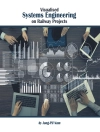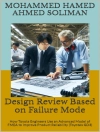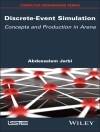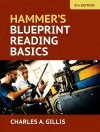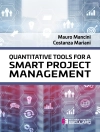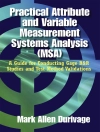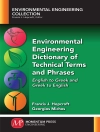‚Context‘ is defined as ‘any information that can be used to characterize the situation of an entity’. Nowadays, the increasing availability of communication networks, the miniaturization and progressive reduction in the cost of sensors and the penetration of advanced mobile personal devices make possible to collect and process data from multiple sources and combine them in order to automatically infer knowledge about the user’s situation.
Thus, the CONTEXTS Workshop aims at gathering advances on key elements that enable the design and deployment of personalized ubiquitous context-aware services and natural non-intrusive methods for interaction. The Workshop is organized and funded by the CONTEXTS Programme, one of the largest cooperative research initiatives in Madrid, with the participation of institutions from all over Spain and with the support of international experts. The CONTEXTS Programme focuses on advancing the key elements in frontier communications and location technologies, data processing and multisensor fusion and paradigms for intelligent/adaptative management, which make feasible the development of advanced personalized applications for ambient intelligence.
Inhaltsverzeichnis
Integrating Multicamera Surveillance Systems into Multiagent Location Systems.- Evaluating Manifold Learning Methods and Discriminative Sequence Classifiers in View-Invariant Action Recognition.- Physical Actions Architecture: Context-Aware Activity Recognition in Mobile Devices.- Context-Aware Conversational Agents Using POMDPs and Agenda-Based Simulation.- Multi-camera Control and Video Transmission Architecture for Distributed Systems.- A Structured Representation to the Group Behavior Recognition Issue.- Opportunistic Multi-sensor Fusion for Robust Navigation in Smart Environments.- Automatically Updating a Dynamic Region Connection Calculus for Topological Reasoning.- A Bayesian Strategy to Enhance the Performance of Indoor Localization Systems.- A Low Power Routing Algorithm for Localization in IEEE 802.15.4 Networks.- Ambient Intelligence Acceptable by the Elderly: Rational Choice Theory Model of Technology Evaluation for Deep Design.- Radio Emitters Location through the Use of Matrix-Pencil Super-Resolution Algorithm.


